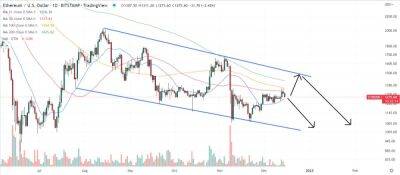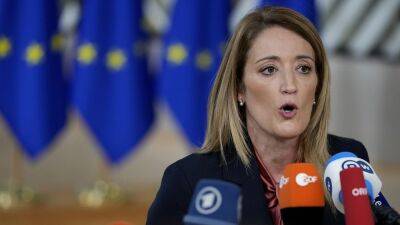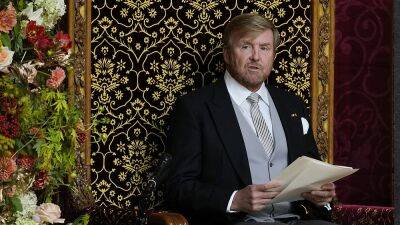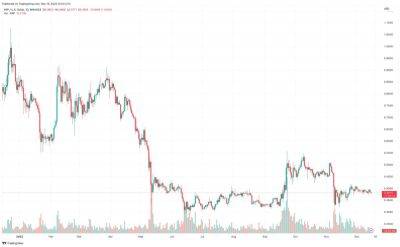UK autumn statement: How much is Brexit to blame for the budget 'black hole'?
Britain's finance minister warned of "horrible decisions" in the run-up to today's (Thursday) budget "autumn statement" when he seeks to redress the country's dire financial straits.
Jeremy Hunt has admitted there will be spending cuts and that "we're all going to be paying a bit more tax" to offset an estimated fiscal hole of some £55 billion (€63 billion).
The UK is not alone in having to confront the aftermath of the coronavirus pandemic, a supply crunch, soaring inflation and rising interest rates, not to mention Russia's war against Ukraine which has brought sky-high energy prices.
It did suffer the aggravating impact of Liz Truss' disastrous fiscal experiment.
But many economists say Brexit has worsened the country's finances to a far greater extent and will continue to do so.
"Around half of the fiscal hole, and the political instability that comes with that, is down to Brexit," John Springford of the Centre for European Reform said on Twitter in October, in an exchange on the relationship of the UK's EU membership to its economic performance.
In a CER report in June, he commented on a £29 billion (€33.2 billion) package of tax rises announced earlier in the year by Rishi Sunak, then finance minister -- up "to their highest share of GDP since the 1960s", he said.
"These tax rises would not have been needed if the UK had stayed in the EU (or in the single market and customs union)," Springford argued.
He quoted an official estimate by the Office for Budget Responsibility (OBR) from March 2021, forecasting that Brexit will reduce the UK's long-term productivity by 4%.
"Overall, the net cost of (Boris) Johnson’s Brexit to the public finances will come in at almost £30 billion (€34.2 billion) each year," Ian Mulheirn of the
Read more on euronews.com

 euronews.com
euronews.com















